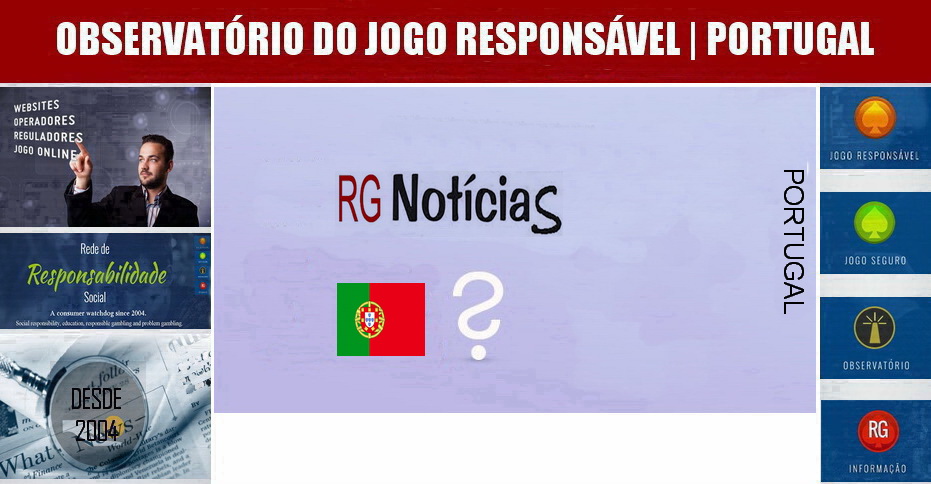Portugal’s government finally looks to be complying with demands from the Troika responsible for its bailout, and has signaled its intention to present new gambling laws to parliament.
The government has used a procedural rule that allows it to book parliamentary time for a debate on the subject before the end of this parliamentary session on July 10.
Under the proposals, foreign operators will be allowed to apply for licenses, and a tax rate of between 15% and 20% is likely to be imposed, in a regulation system expected to resemble that of the segregated Spanish market.
Texts of the proposed laws have been in the Finance Ministry for over three years, but the political opposition to liberalizing gaming has been strong.
Bailout Demands
As part of its bailout conditions, the Troika demanded that proposals to liberalize and tax online gambling be tabled within a month—that was in February, suggesting that there has been some heel dragging since then.
Gaming regulation is currently in the hands of the Santa Casa da Misericordia de Lisboa (SCML), which has been opposed to laws which would reduce its income from gambling.
The 500 hundred year-old religious foundation funds charitable projects such as hospitals for the poor from its income derived from regulating gambling.
“Everything Ready”
However, the charity’s boss, Pedro Santana Lopes, said in November last year that he supported the new legislation, and was ready to compete.
“If the state gives us, as we hope, the opportunity to exploit sports betting,” said Santana, “we have everything ready to begin immediate investigations, which is not the case with other operators interested in this legislation.”
The new laws will remove the SCML’s monopoly and permit the issue of licenses to foreign operators. However, SCML is likely to maintain its current revenues share arrangement for the business which it continues to operate.
SCML keeps 27.8% of the revenues it generates from its own lotteries and online gambling site.
Source: Pokerfuse



























